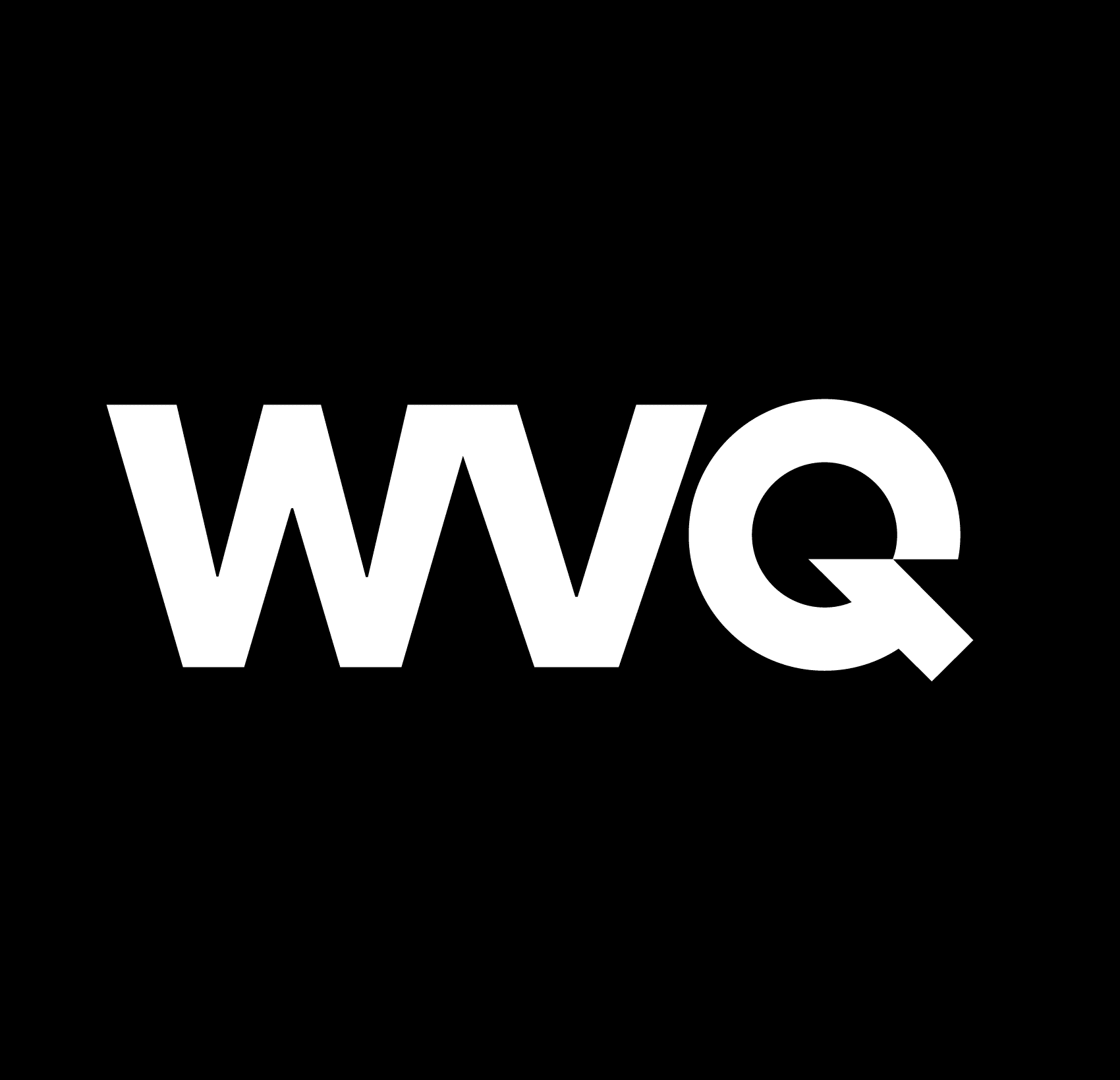Table of Contents
ToggleStep 1: Identify Preferred & Relevant Agencies and Freelancers
It is crucial to start by creating a shortlist of potential vendors when making a selection; this will save you time by eliminating vendors that are not a good fit. We have outlined a few steps to assist you in this process.
Step 2: Research
A vendor’s website can give you a lot of information to determine if they are a suitable fit for your needs. A simple Google search can reveal potential agencies. It’s important to look for a mix of both regional and industry keywords in your search. For instance, you can search for “London Web Design” for a regional keyword and “manufacturing web design” or “law firm web design” for industry keywords depending on your specific field. You can also combine these keywords for a more targeted search.
Step 3: Vendor Website Review
After identifying a list of 5-10 potential vendors, you should review their websites carefully. Look for the following aspects:
- Portfolio: Does the portfolio feature interesting and relevant projects? If the website’s work does not meet your standards, the vendor should be eliminated from your list.
- Evaluate the Vendor’s Website: Assess whether the vendor’s own website meets your standards. If you find their website to be lacking, outdated, or unprofessional, it’s likely that their web design skills will not align with your needs. Keep in mind that a web design agency’s design may differ from what you are looking for; for example, a hospital may have different design preferences than a creative agency. However, you should still be able to gauge their abilities and how it applies to your needs.
- Content: How is the content written on the website? Are you able to learn about the company and its services from the website?
- Quality: The vendor’s website often reflects their capabilities and if it is of poor quality, it’s likely that their work will be as well.
Step 4: Engage
The next step is to communicate with the vendors on your shortlist. This can be done through an initial call, email, or contact form submission. During this phase, pay attention to the following:
- Response Time: Did the vendor respond to your inquiry in a timely manner? You can rest assured there will not be any more urgency after you become a client.
- Competency: Did the initial point of contact understand your needs and seem competent and well-spoken? Keep in mind that some vendors in the digital industry may be inexperienced. Expect nothing less than a competent and well-spoken first point of contact, as it often reflects the overall competency of the agency.
- Discovery Questions: Did the vendor ask questions about your business and goals for the project or did they only talk about themselves? A competent vendor will want to understand your needs before proposing a solution.
- Next Steps: Did the vendor clearly outline the next steps and provide an idea of what to expect? Some companies may not have a structured process, and if they handle the sales process loosely, the project may follow the same pattern.
Step 5: Interact
Once you have narrowed down your selection to a few vendors that you are comfortable with, the next step is to begin arranging calls or zoom meetings to discuss your project. During this phase, consider the following aspects:
- Professionalism: Lack of professionalism can indicate a lack of experience. Sometimes, companies overlook this aspect in creative vendors, but it’s important to differentiate a creative approach from a lack of care.
- Qualifications: A qualified vendor should be able to provide you with examples of previous work or references related to the projects they’ve worked on.
- Proposal Process & Details: A good vendor will provide a proposal tailored to your company, with a detailed discussion of your business goals, and specific deliverable descriptions included in each phase of the project. Keep in mind that if it’s not detailed in the proposal, it’s not included in the price. Avoid vendors that provide a one-size-fits-all proposal or lack detail and understanding, as this can result in hidden costs.
Additional Considerations:
Platform and Technology Considerations:
It’s important to discuss the options for technology platforms with potential vendors. A quality vendor should provide options, but be wary of vendors who offer too many options as it can indicate a lack of focus and poor quality in future support.
Training
For websites implemented on a content management system, your vendor should provide training opportunities for your staff. Without training, you or your employees will struggle with self-training, which can be unproductive.
Support
Your vendor should have a dedicated support scenario in place to address time-critical needs. Many vendors do not have a formal support structure in place due to the expense, but a strong client support infrastructure is essential.
Commonly asked questions FAQs
How do I choose a web design company or web designer?
A quick Google search for web design companies in your city or industry can help you identify potential candidates. Review their websites for a strong portfolio, experienced staff, and quality content. Create a shortlist and make initial contact with the companies. Pay attention to their response time and the answers they provide to your questions. The most important thing to consider is whether the company is listening to your unique needs and challenges.
What questions should I ask a web designer?
What are some similar businesses you have worked with? How long have you been in business? What makes you different? What are the average ongoing costs for clients? What is your working process? What CMS do you develop on? Will my design be custom? Do you provide hosting and support? What are the next steps?
What is the best website design company?
The best website design company is one that listens to your needs and doesn’t pressure you into a solution you or your budget aren’t comfortable with. They should provide you with workable website options and build a website based on your goals and industry. The company should be responsive and engaged throughout the entire process, from the initial consultation to the strategy and development of the site.
What is a website design company?
A website design company is a business that designs, develops, and in some cases can also maintain your website. It can be a good option if you do not have the time or skills to build your own website.
What should I look for in a website design agency?
When looking for a website design agency, it’s important to look for a portfolio that includes comprehensive case studies for previous website projects. Additionally, you should look for a business that has a fast response time, prioritizes your unique business goals, provides you with workable options, has a long history of doing high-quality work, and offers ongoing support for your business.
Overall Conclusion
In conclusion, selecting the right website design vendor is crucial for the success of your digital marketing efforts and business growth. The process of selecting a vendor can be daunting, but by following the steps outlined in this guide, you can narrow down your options to the best fit for your business. Remember to also take into account additional considerations such as platform and technology, open source vs custom, training and support. By considering these factors and asking the right questions, you can make an informed decision and select a strong partner for your website design needs.



